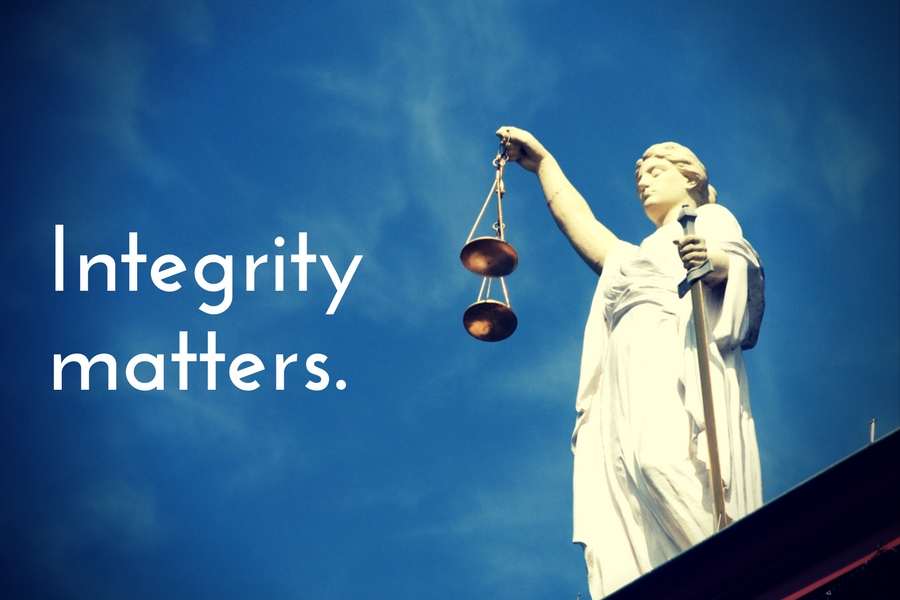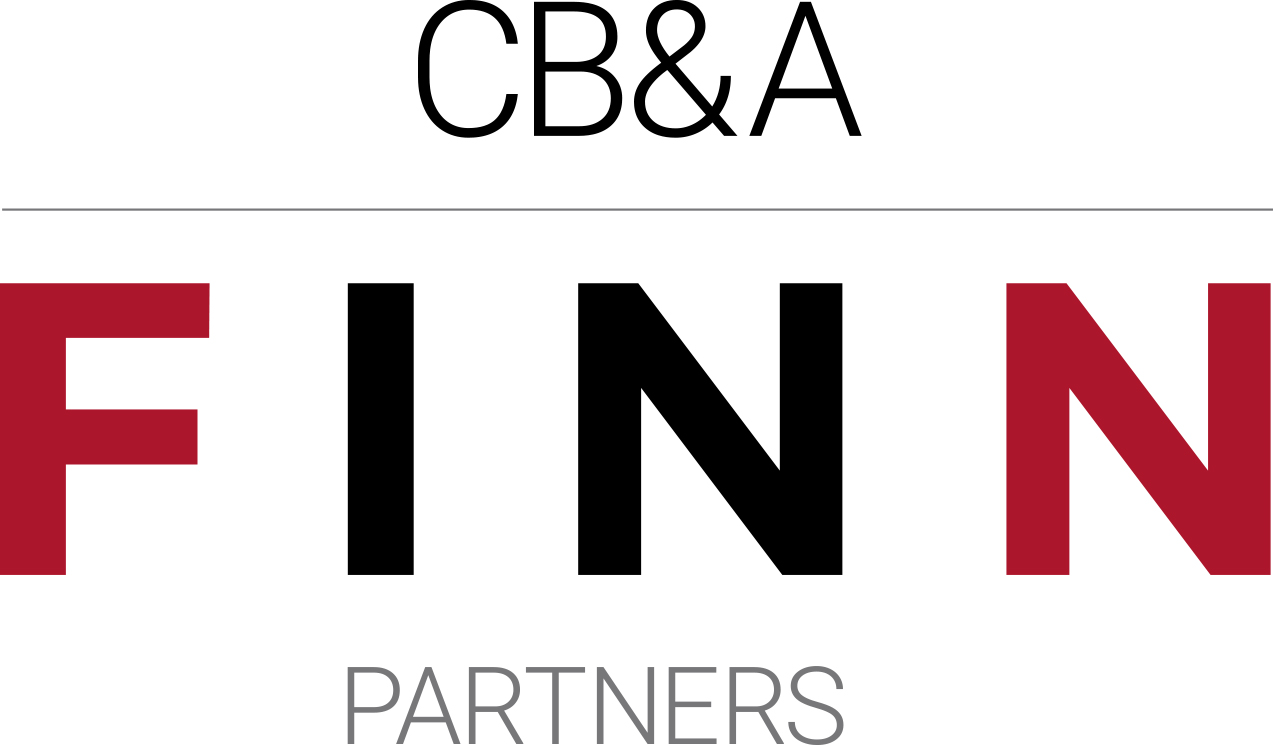
 Forbes Media recruited us to join its Agency Council. Ethical concerns guided our decision to decline.
Forbes Media recruited us to join its Agency Council. Ethical concerns guided our decision to decline.
The offer
According to its website, the Forbes Agency Council is an “invitation-only organization for senior-level executives in successful public relations, media strategy, creative and advertising agencies.” It’s positioned as an exclusive group of executives. An honor to be selected. A career status symbol.
But the honor isn’t free. Joining the Council requires annual dues. It’s a fee-based membership group. You pay to belong.
Dues-paying Forbes Agency Council members can publish “expert business articles and short tips” on Forbes.com. These articles are part of the Forbes CommunityVoiceTM content thread, the purpose of which is “connecting expert communities to the Forbes audience.”
If you think that paying a news organization for the opportunity to publish content sounds suspiciously like advertising, you’re not alone.
Our decision
The more we learned about the Forbes Agency Council and its pay-to-publish perk after receiving an initial invitation in August, the more uneasy we felt.
Forbes CommunityVoice articles are not explicitly labeled as paid content. Plainly identifying paid/sponsored content as advertising is a fundamental tenet of journalism and advertising ethics. Failure to do so runs the risk of constituting deceptive advertising, in violation of federal law. Readers should be able to quickly and easily discern advertising from editorial content.
The whole thing sent our ethics antennae into a frenzy, so we sought counsel from Katy Culver, director of the Center for Journalism Ethics at the University of Wisconsin-Madison. Research findings related to ethics and brand content, which Culver and graduate student Mike Mirer conducted, appeared in the 2016 edition of Ethics for a Digital Age, edited by Don Heider and Bastiaan Vanacker.
“Labeling something ‘CommunityVoice’ is exceedingly vague,” Culver told us in a conversation about native advertising and the Forbes Agency Council. “We tend to think of communities in a certain way, and the most likely interpretation here is that the content is coming from Forbes readers. Being transparent about paid content is a critical step, and calling these articles ‘CommunityVoice’ is insufficient.”
Professional associations and the Federal Trade Commission (FTC) also take a definitive stance on transparency and disclosure. In an Ethical Standards Advisory, the Public Relations Society of America (PRSA) lists five PRSA Code Provisions and three Professional Values relevant to paid content. Among them: honesty, advocacy, fairness.
After consulting with Culver, reviewing FTC regulations, weighing professional guidelines and talking at length about our values, the decision was easy. We declined Forbes’ invitation to join its fee-based Agency Council.
We’ll be glad to reconsider if future CommunityVoice articles are more clearly labeled as content coming from paying contributors.
A better way
This is by no means the first or only example of a media company experimenting with new revenue models – and for good reason. Ethical and thoughtful sponsored content can be mutually beneficial for marketers, news organizations and consumers.
“The whole concept here is that brand content is trying to give audiences more value than traditional advertising has given them,” Culver said. “But we don’t find that value in shielding the audience from knowing who’s paying for the content or what its purpose is.”
We regularly partner with news organizations to place transparent native content for clients. It’s a tactic that amplifies exposure for brands’ content marketing strategies. Many of our clients have experienced positive effects from sponsored content, both in terms of thought leadership and demand generation.
We’ll continue to recommend high-value, ethical native advertising opportunities to members of our client family.
Our hope
We understand why programs like the Forbes Agency Council are appealing to marketers. Some professionals are aware of the ethical quagmire, many others are simply blind to it. The need for more education in this area is apparent.
“Marketers have a responsibility to their consumers in the same way that the publisher has a responsibility to its readers and viewers. It’s not just a matter of journalism ethics. There are also ethics in advertising and public relations,” Culver said. “We shouldn’t be trying to dupe consumers. Integrity matters.”
Indeed, professional integrity matters. Marketers, journalists and publishers share the responsibility of advocating for fairness on behalf of our audiences – it might be the most important thing we do in our careers.
Let’s hold ourselves and each other accountable, and act in the public’s best interest.
[Update: since the publication of this article, Forbes has begun labeling promoted pieces as “Paid Program” at the top of the post.]Did you enjoy this blog? Read more from our public relations category now:
- Journalism Advocacy: 5 Ways to Support Journalists: To support the important work of journalists, here are five ways that everybody can support the industry through journalism advocacy.
- A Down-to-Earth PR Strategy for an Out-of-This-World Product Launch Strategy: Make a stellar impression in the marketplace with a solid product launch strategy in your court.
- Three Communication Tips When Heading into a Merger or Acquisition: Set your brand up for success when heading into a merger or acquisition in the education industry with this advice.

